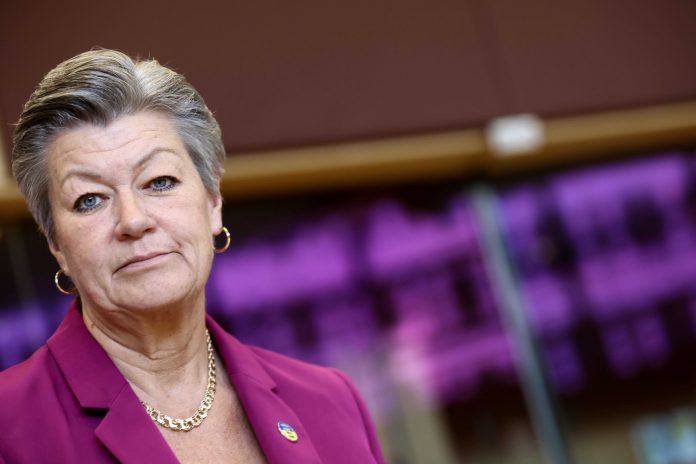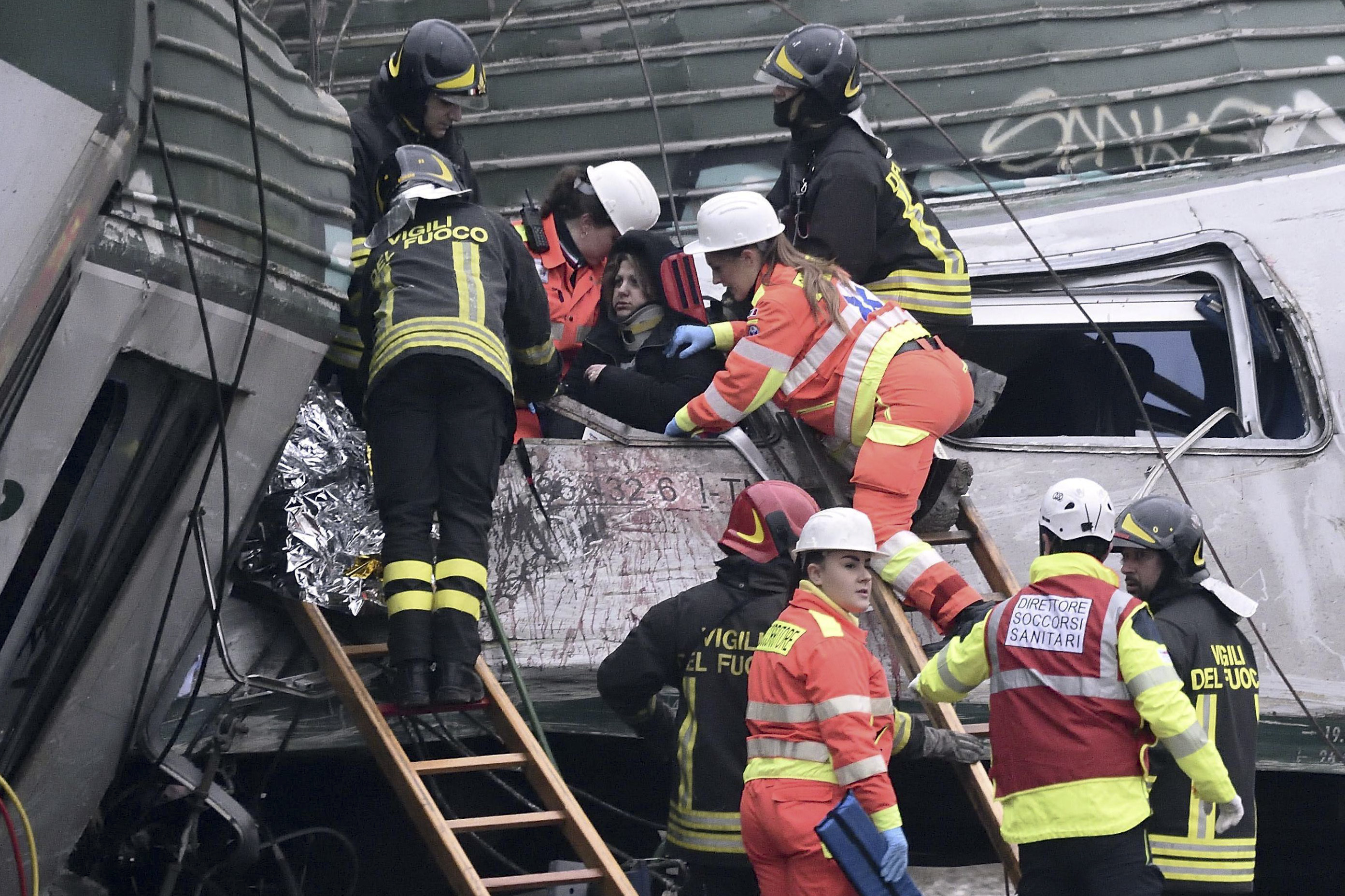
By SAMUEL PETREQUIN
Associated Press
BRUSSELS (AP) — The European Union’s executive arm on Wednesday unveiled a plan to require online platforms to detect and report the sharing of child sex abuse images on the internet, which quickly triggered privacy concerns.
The regulation, which needs to be endorsed by member countries and the EU Parliament, would force companies operating in the EU to detect, report and remove the material.
Voluntary detection is currently the norm and the Commission believes that the system does not adequately protect children since many companies don’t do the identification work.
Reports of online child sexual abuse in the 27-nation bloc have increased from 23,000 in 2010 to more than 1 million in 2020. International police agency Interpol has also reported a surge in the online distribution of sexually explicit images of children during the COVID-19 pandemic.
A similar increase has been noticed globally, with reports of child abuse on the internet rising from 1 million to almost 22 million during 2014-2020 and over 65 million images and videos of children being sexually abused identified.
“Not only is the number of reports growing, but these reports today concern younger children,” said Ylva Johansson, the EU Commissioner for Home Affairs.
“These reports are instrumental to starting investigations and rescuing children from ongoing abuse in real time,” she added. “Detection, reporting and removal of child sexual abuse online is also urgently needed to prevent the sharing of images and videos of the sexual abuse of children, which retraumatizes the victims often years after the sexual abuse has ended.”
In practice, providers will have to assess the risk that their services are misused to spread child pornography material or for grooming, and should propose risk mitigation measures. If the competent authorities in EU countries find there is a risk of abuse after reviewing the risk assessment, they will be able to ask a court to issue a detection order.
The EU Commission is adamant that the new rule would offer strong safeguards for the respect of privacy and personal data, although critics have said the proposal could allow companies to spy on users.
Digital rights group EDRi warned that the proposal appears to call for widespread scanning of private communications and would discourage companies from providing end-to-end encryption services, which scramble messages so they’re unreadable by anyone else and are used by chat apps Signal and WhatsApp. The group fears that tech companies would take the most intrusive measures to avoid legal troubles.
“The European Commission is opening the door for a vast range of authoritarian surveillance tactics,” policy advisor Ella Jakubowska said.
Today, she said, online platforms will scan private messages for child sex abuse content. “But once these methods are out there, what’s stopping governments forcing companies to scan for evidence of dissidence or political opposition tomorrow?”
The Commission said any review would take place anonymously and that steps to identify users would only be taken in the event that potential child abuse has been identified. In addition, the technology used would not allow the extraction of any information other than that necessary to detect the abuse.
“Encryption is an important tool for the protection of cybersecurity and confidentiality of communications,” the Commission added. “At the same time, its use as a secure channel could be abused by criminals to hide their actions, thereby impeding efforts to bring perpetrators of child sexual abuse to justice.”
To help providers better identify abuse, the Commission proposed the creation of an EU Center on Child Sexual Abuse acting as a “hub of expertise.” It would be similar to the National Center for Missing and Exploited Children, a U.S. nonprofit reference center which helps families and exploited victims.
Under the European Commission’s plans, the center would help coordinate actions among the EU’s 27 nations in the areas of law enforcement, deterrence and assistance for victims of child sex abuse.
During the pandemic, lockdowns imposed to slow down the spread of the coronavirus exacerbated the problem for children, who spent more time online and were more vulnerable to predators. According to the Internet Watch charity, there was a 64% increase in reports of confirmed child sexual abuse in 2021 compared with the previous year.
Germany’s top security official, Nancy Faeser, welcomed Johansson’s proposal but said Germany would now “closely examine the Commission draft and contribute intensively to negotiations in the (European) Council.”
Her spokesman, Maximilian Kall, told reporters in Berlin that “of course we will pay attention to balancing the better and more effective fight against sexualized violence toward children on the one hand and on the other hand civil liberties online.”
















